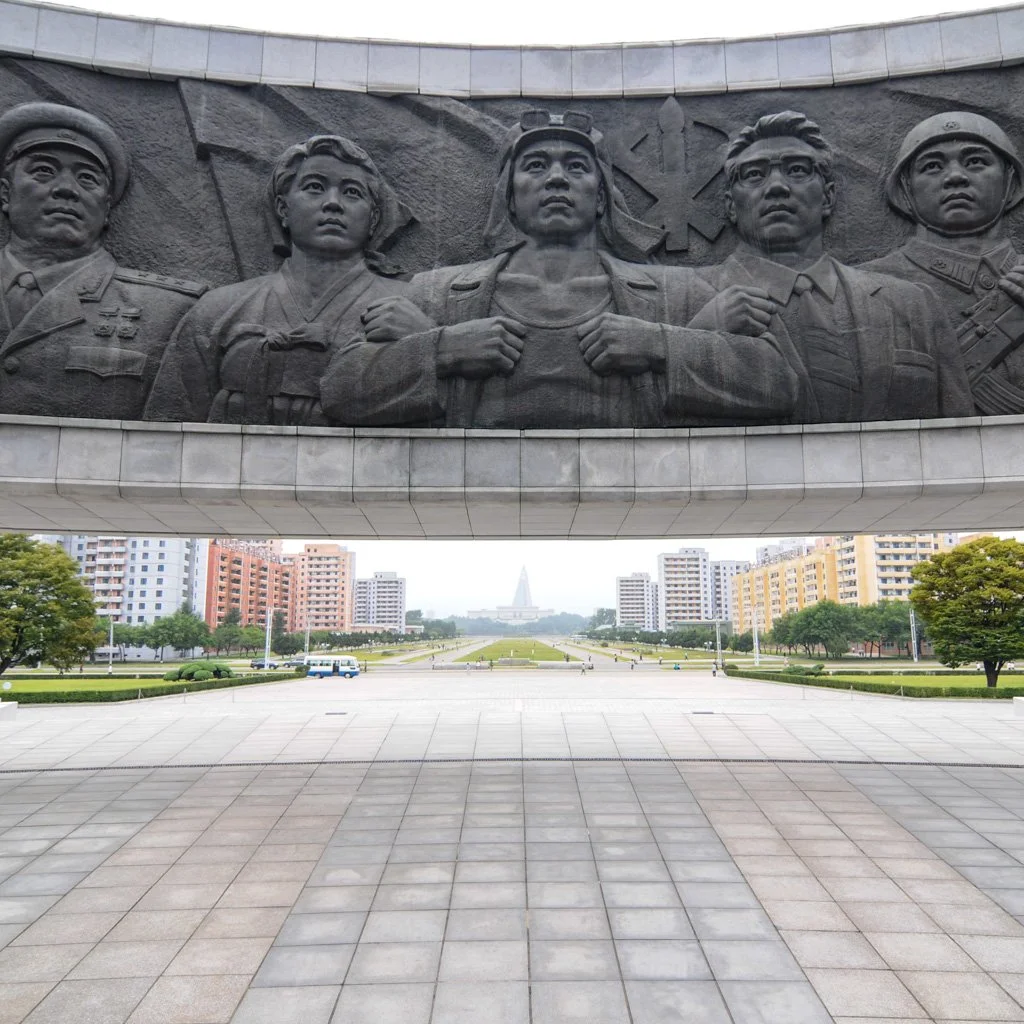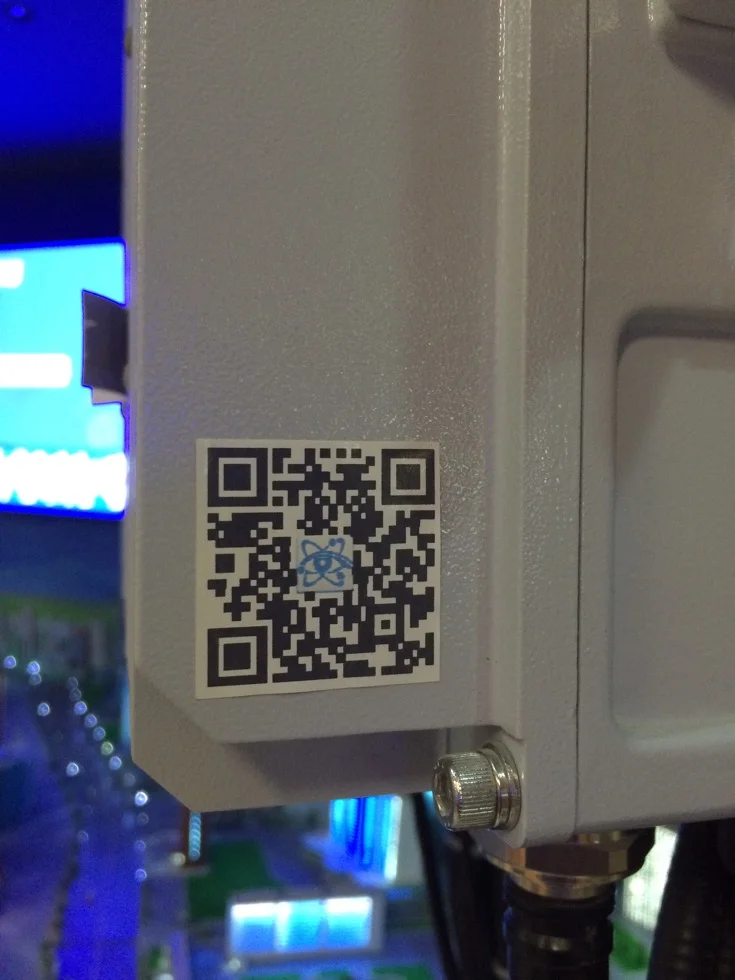Solar-powered electric scooters, ready-made breakfasts for students on the go, and even a new sportswear brand which features North Korean athletes — the recent Pyongyang Startup Bootcamp had it all. Here are the photos!
Amazon.com for North Korea
China has Alibaba and Taobao, the rest of the world has Amazon.com — except the DPRK, where a team of North Koreans pitched our volunteers for an e-commerce platform on the domestic intranet that would connect customers with businesses through web- and mobile apps. The pitch was part of our latest Pyongyang Startup Bootcamp, a series of talks and mentoring sessions with CE volunteers who spent a week in the DPRK to help more than 80 Koreans develop business ideas for the local market.
How China thinks about North Korea
There has been a lot of talk in the US and by President Donald Trump about how China owns the North Korea issue, and how only China has leverage over North Korea. We just finished reading an amazing report “China’s Engagement of North Korea: Challenges and Opportunities for Europe” by the Stockholm International Peace and Research Institute (SIPRI) on China’s attitudes and approach to North Korea. This report is a valuable contribution to the field, as it fills in the major gap US scholars and think tanks have in understanding China’s thinking on this important issue. It’s a long read, but worth the time as it goes beyond the superficial analysis of “China does not want refugees flooding its border if North Korea collapses”.
Malaysia and DPRK - Back to Putrajaya from teh tarik in Pyongyang
The Malaysian embassy in Pyongyang has always treated us kindly. From sharing with us home-brewed Teh Tarik to home-cooked Mee Rebus, the few times we have met with them has been one of rich hospitality. The diplomats we met there seem to enjoy their stay, despite the hardship nature of the posting. While not a particularly active relationship, it was seemingly cordial with party to party, government to government and some economic and cultural exchanges.
Why China imposed a ban on North Korean coal imports
QR Codes in Pyongyang
Yokjon Restaurant
We first visited the Yokjon a couple of years ago, and it has become a firm favourite with Choson Exchange workshop leaders. Repeated trips to work with North Korean entrepreneurs in Pyongyang have meant visits to dozens of different eating establishments in the capital, and whilst the Korean food is fantastic, sometimes you just need a day having something other than kimchi. The Yokjon satisfies that need admirably.
New(ish) Microbrewery in Pyongyang
The Taesong Restaurant is located Southeast of the Polish embassy by about 500 meters and features a number of firsts in the Pyongyang dining scene. They serve beers in liter sized glasses. Oh sure, they have normal 500cc sized beers, also, but why wouldn't you get a whole liter? That's a lot of beer.
Harvard Business School Case on Choson Exchange
Working to support frontier entrepreneurs in North Korea is never easy. The country's bureaucracy is challenging to work with, its guardians paranoid and global understanding of North Koreans and their country prone to gross stereotyping. Fundraising for our work is never easy in the best of times, and is now much more complicated as inter-Korean and US-North Korea tensions reach new peaks. As we look towards a very uncertain funding situation, this Harvard Business School case profiling our work will help rethink our model and approach.
Speed Battling
Indeed, it did bear some fruit: one elderly Chinese man from border town of Tumen recalled a couple years ago that he watched with great interest how in 1959 the Koreans sent teams up to Namyang, across the river, throw up a 5 storey building in just a couple weeks and leave. He'd never seen anything so incredible in his life - it made him want to move across the river!









